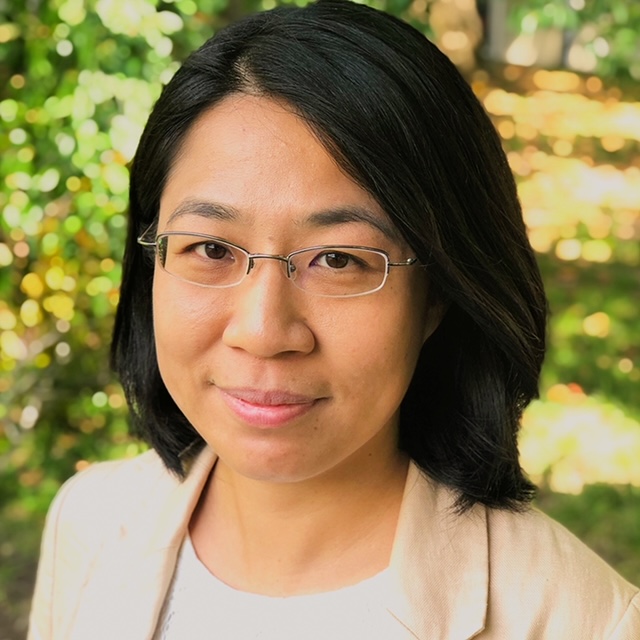Miller Center | Why Alternative Histories Are More Popular: China’s Post-Imperial Fantasies | Fei-Hsien Wang

Miller Center | Why Alternative Histories Are More Popular: China’s Post-Imperial Fantasies | Fei-Hsien Wang
Fei-Hsien Wang’s project explores the long-lasting trends in China’s rich and vibrant cultural consumption of fantasies about the Qing Empire (1644-1911) from the late nineteenth century to the twenty-first century present. Drawing on various sources, including novels, popular histories, television soap operas, and consumer products, it examines how the Manchu imperial past has been presented, used, and consumed by different actors for their political, cultural, and commercial interests.
Such popular productions of the imperial past are often disqualified as proper research subjects because the histories they tell are often unsound or inaccurate. However, they’ve not only reflected and shaped a vernacular historical memory/knowledge but also generated considerable profits in China’s cultural industry. While satisfying audiences’ and consumers’ desires and longings for the material splendors and royal gossip, they also signal political and social tensions that could not be openly discussed in China’s long twentieth century.
Despite generations of specialists’ efforts to debunk them and the state’s cautious censorship to contain them, such alternative histories remain so popular that they occupy the place of “history” in most (Han) Chinese audiences’ minds. This talk will discuss why and how it happened.
Fei-Hsien Wang is a historian of modern China particularly interested in information, law, and economic life. She is currently an Associate Professor in the Department of History, Indiana University Bloomington, and associate editor of the American Historical Review.

